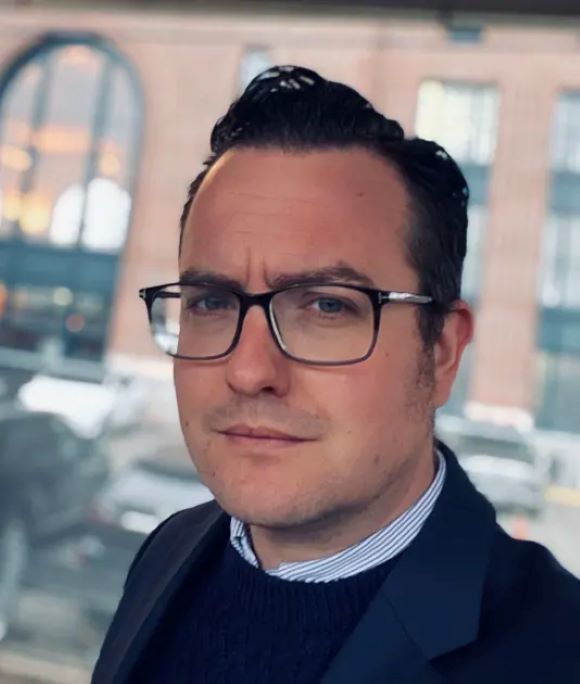IMH Seminar: From computation to psychosis: translation from bench to bedside and back again
- Location
- In person event, LT1: 52 Pritchatts Road
- Dates
- Tuesday 17 September 2024 (13:00-14:00)
 Dr. Philip R. Corlett
Dr. Philip R. Corlett
Recent developments in computational neuroscience and computational psychiatry invite renewed optimism that we can relate mental processes to neural activity, and thereby gain a deeper understanding of the symptoms of serious mental illnesses like schizophrenia. However, those insights are tethered to a unifying theme – that of beliefs as the building blocks for perception, cognition, and their disorders.
Dr Corlett will adumbrate an approach to beliefs that is grounded in formal animal learning theory, which renders delusions and hallucinations tractable to preclinical animal modelling and invites us to bring the advances of computational neuroscience to bear on the problem of psychotic symptoms.
Dr Corlett will conclude that viewing psychotic symptoms – the profound departures from consensual reality that characterize serious mental illnesses like schizophrenia – through this neurobehavioral framework proffers consilience between the biological, psychological, and social, risk factors for psychotic illness. However, there is much work yet to do. Dr Corlett will highlight one key challenge to this approach regarding the co-occurrence of delusions and hallucinations, and will offer a tentative solution, and some ideas for future work.
About the Speaker
Dr. Philip Robert Corlett trained in Experimental Psychology, Cognitive Neuroscience and Psychiatry with Professors Trevor Robbins and Paul Fletcher at the University of Cambridge. He won a Wellcome Trust Prize Studentship and completed his PhD on the brain bases of delusion formation in the Brain Mapping Unit, Department of Psychiatry. After a short postdoc, he was awarded the University of Cambridge Parke- Davis Exchange Fellowship in Biomedical Sciences which brought him to the Yale University Department of Psychiatry to explore the maintenance of delusions with Professors Jane Taylor and John Krystal. He was named a Rising Star and Future Opinion Leader by Pharmaceutical Marketing Magazine and joined the Yale faculty in 2011 where he will continue to explore the cognitive and biological mechanisms of delusional beliefs as well as predictive learning, habit formation and addiction.
This Seminar is free to attend and is open to all. Registration is not required.
